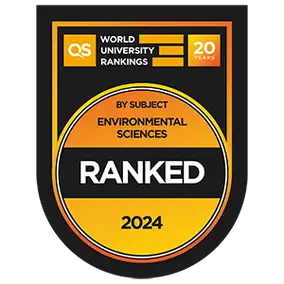Overview
We offer study options in nine disciplines. Our research breaks new ground for communities, the nation, the Pacific and the globe. At the heart of our study options are challenging questions:
- How should we live together?
- How do we shape the natural, built and social environments that we live in?
- How do these shape us?
- How can we do better?
Our connections, engagement and profile make the School’s staff among the most public academics in the country.
Research and teaching within the School span multiple areas and methodologies, including:
- anthropology
- defence and security studies
- development studies
- environmental studies
- geography
- geospatial science
- politics and international relations
- museum studies
- resource and environmental planning
- sociology.
Te Tiriti o Waitangi at Massey
We are deeply committed to being a Tiriti-led university, demonstrating authentic leadership in contemporary Aotearoa New Zealand as we uphold te Tiriti o Waitangi, the founding document of our nation, and its principles through our practice. We embrace this not just as an obligation but as a real opportunity for the nation and its people.
Te Tiriti o Waitangi ki Te Kunenga ki Pūrehuroa – The Treaty of Waitangi at Massey
Study with us
Choose from a range of qualifications in applied and critical social sciences. All our specialisations (majors) can also be minors. Examples include development studies and planning studies.
Explore by area of interest
Explore a selection of qualifications relating to your interests.
Study development studies
Learn how global forces shape societies round the world, and help communities overcome poverty to improve their lives and get social justice.
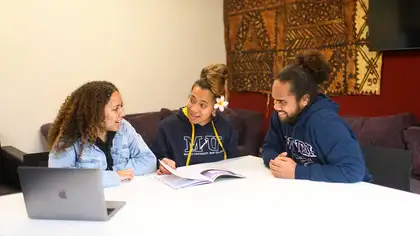
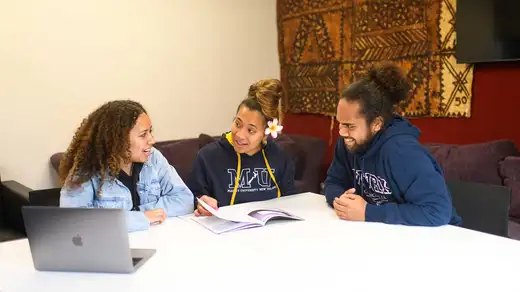
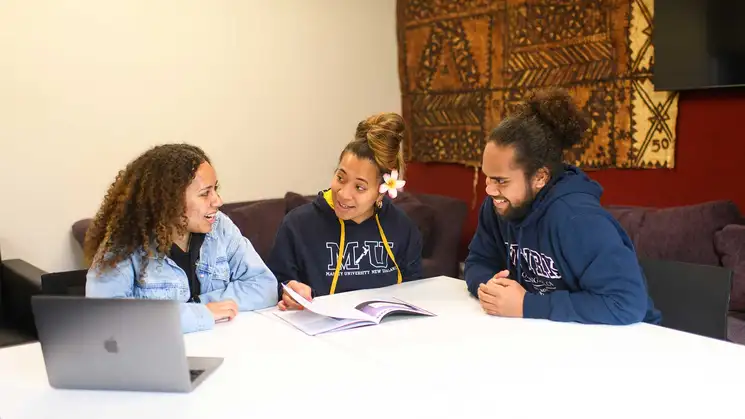
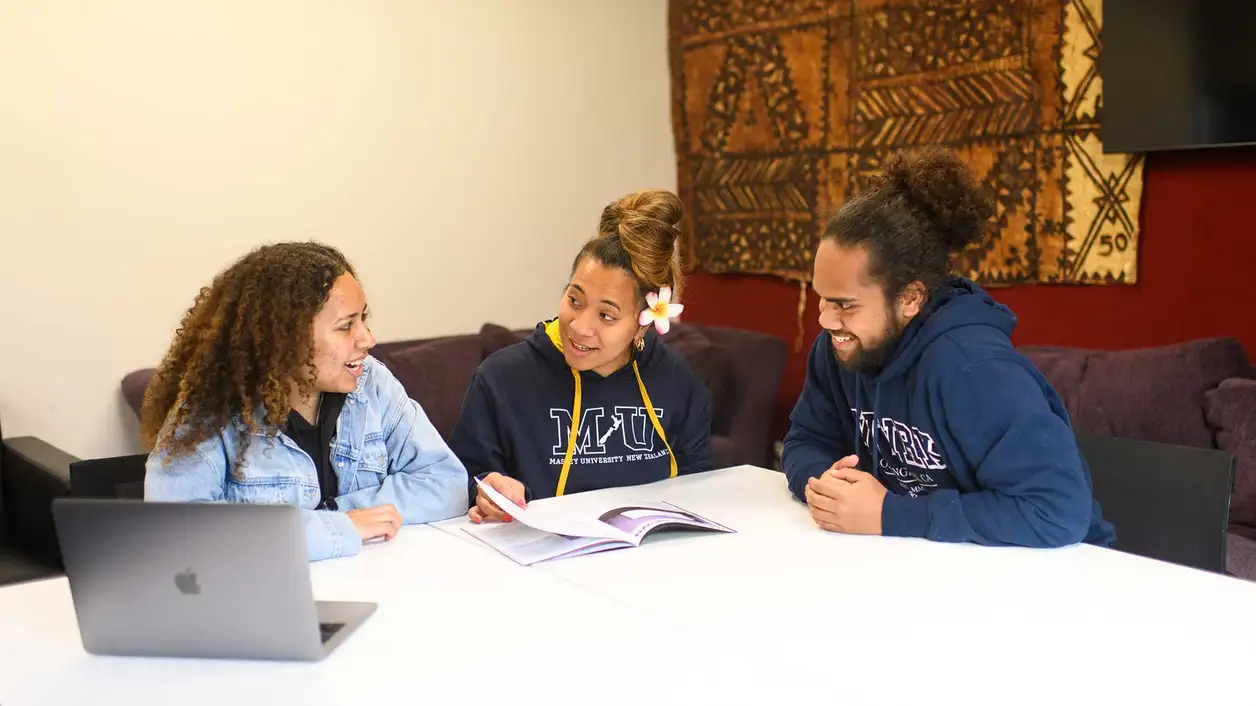
Study planning
Urban and natural resource planning shapes where we live, work and play. Planning is a rewarding career helping create sustainable cities and regions.
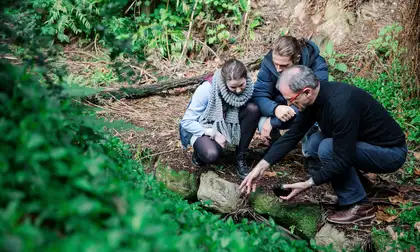
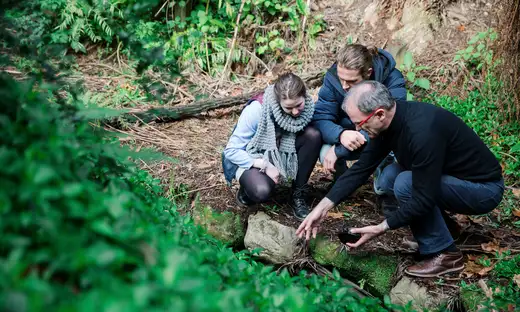
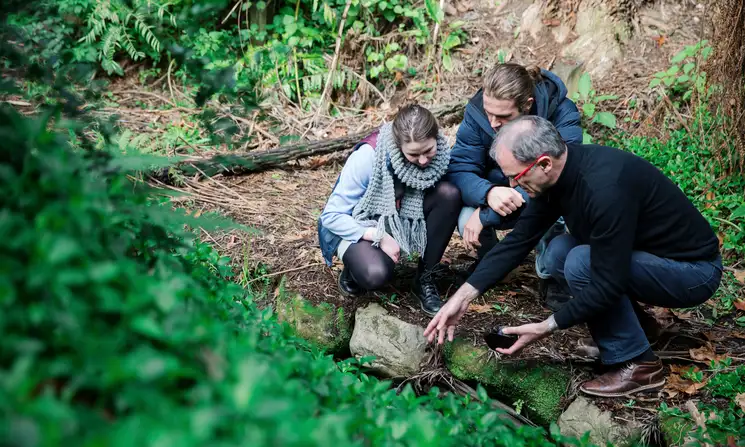
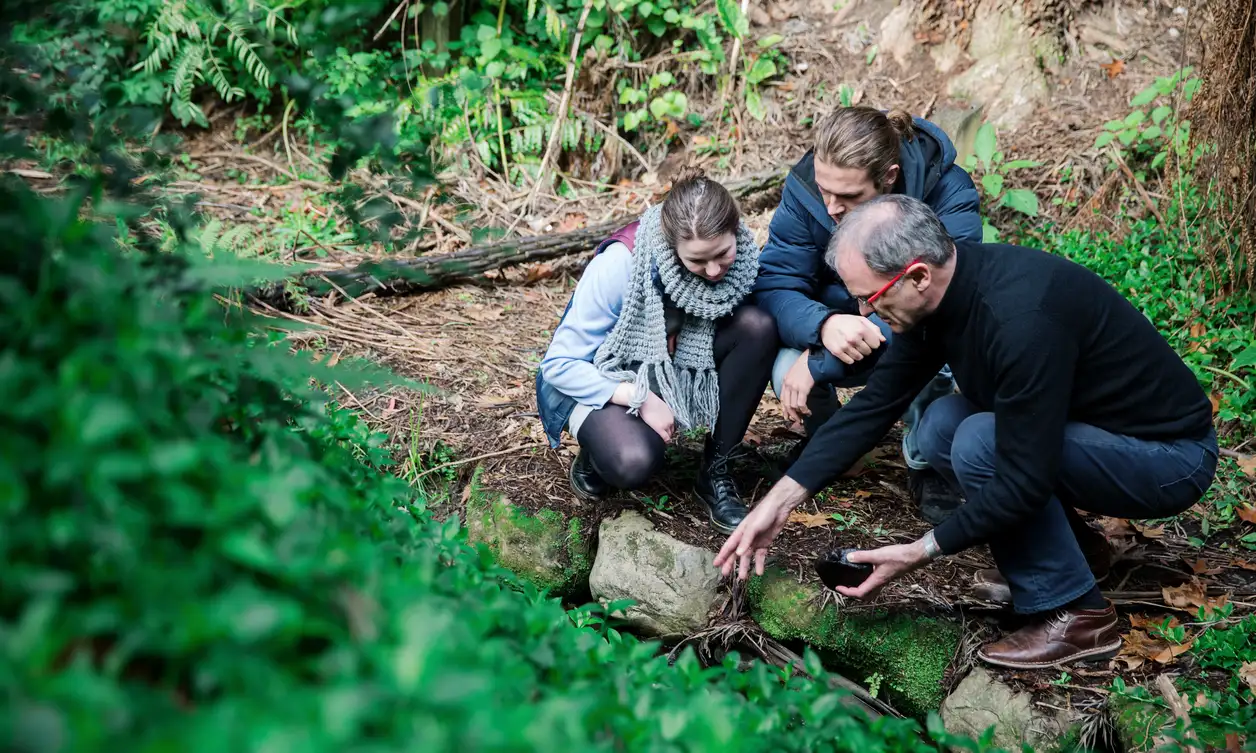
Study politics & society
Learn how our environment and societies operate. From geography to international relations, Massey has expert educators and respected qualifications.
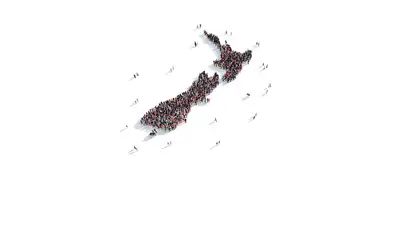
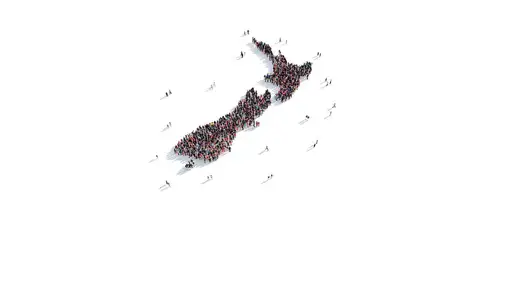
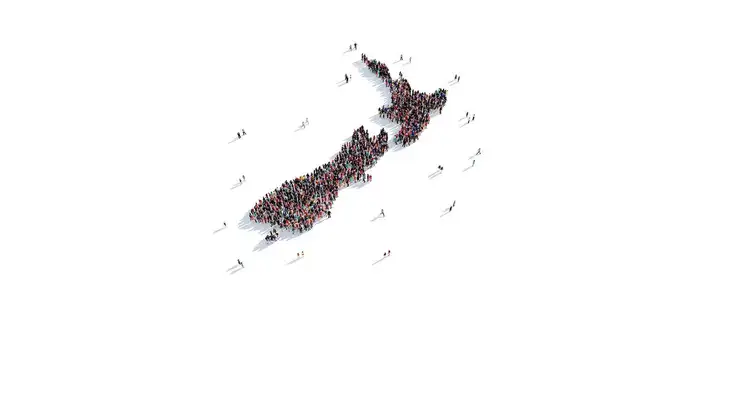
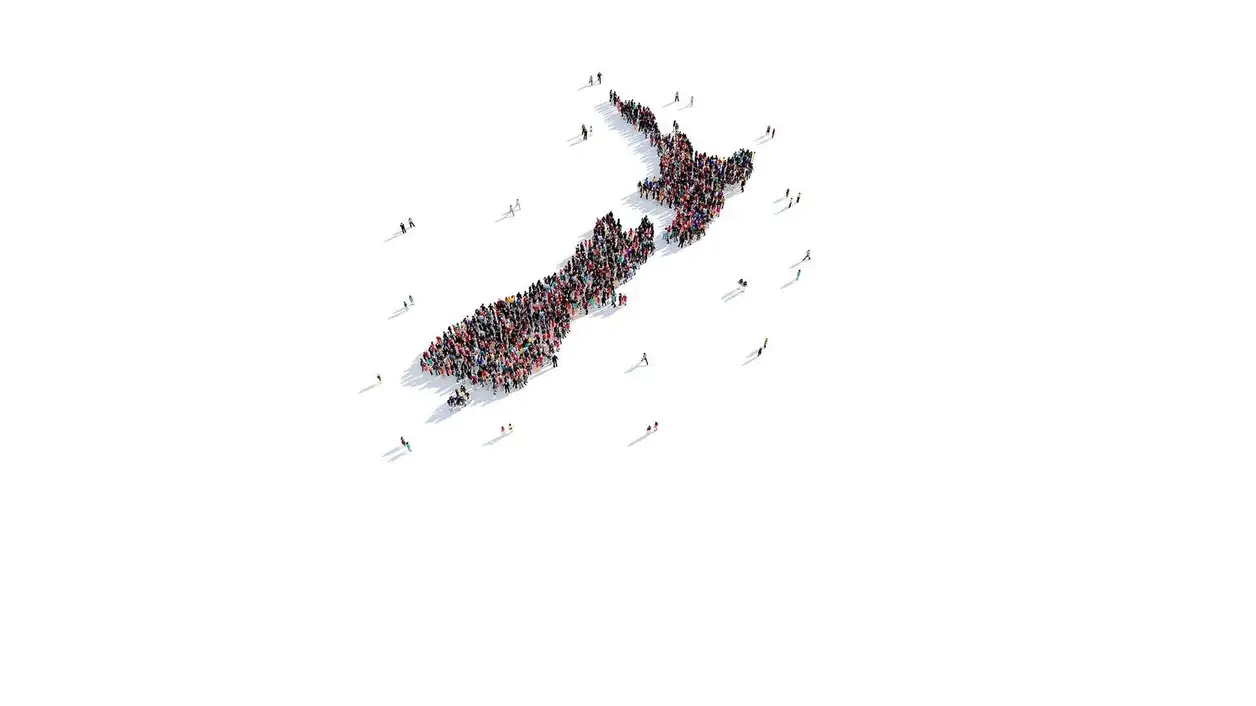
Study security & defence
Unique qualifications to protect people, borders and information. Graduates explore careers in diplomacy, intelligence, government or the armed forces.
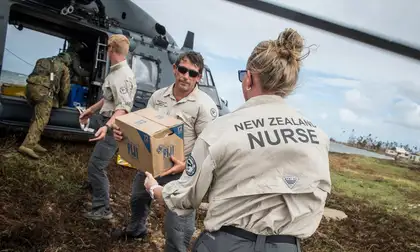
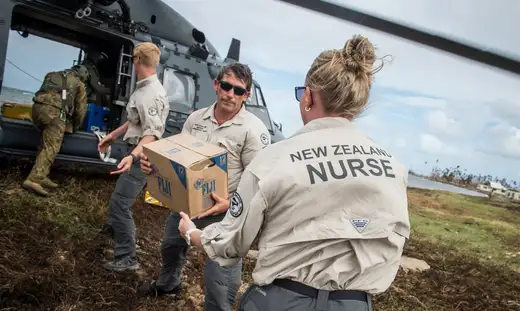
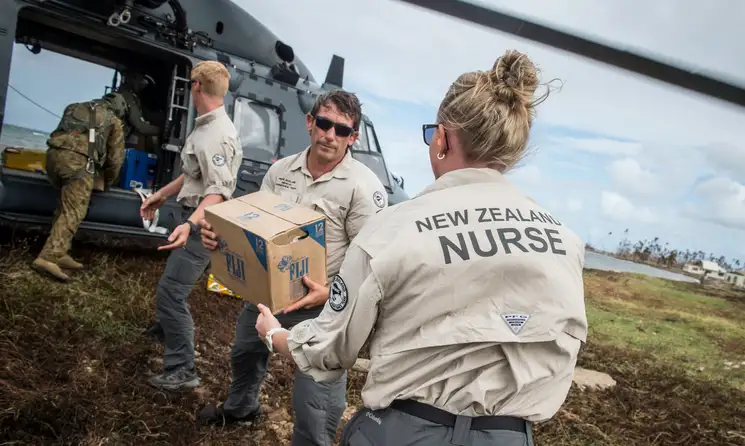
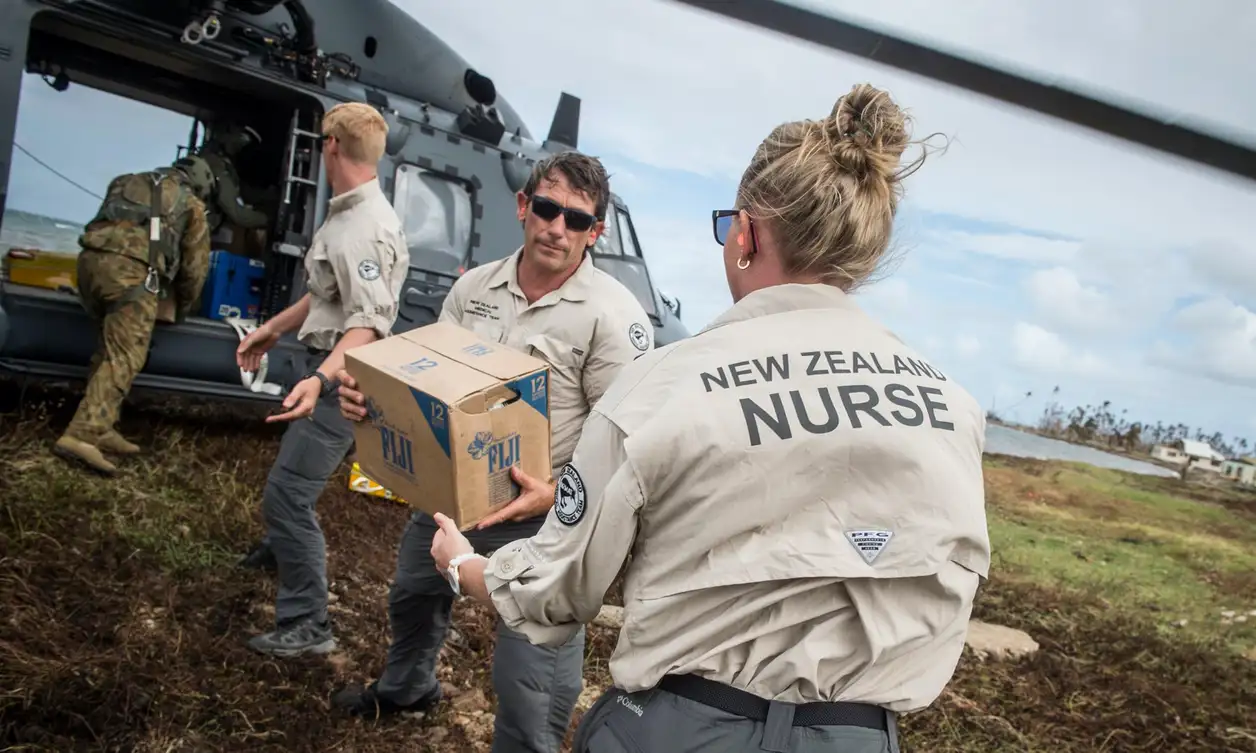
Study sustainability
Help people, businesses and government manage resources wisely for a sustainable, prosperous future for the planet.
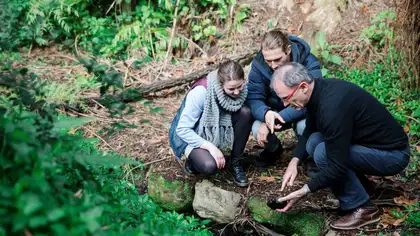
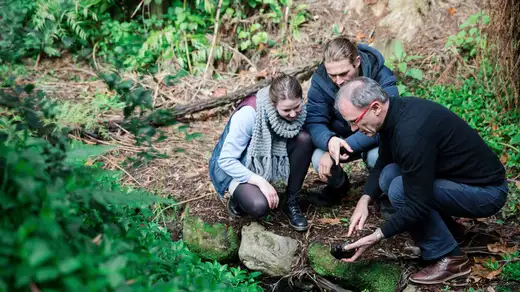
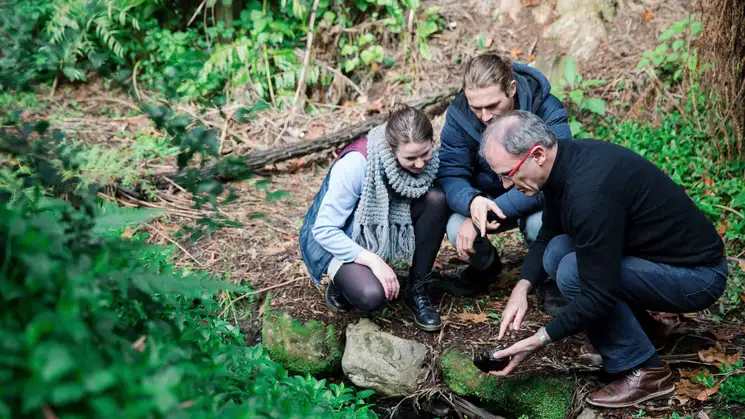
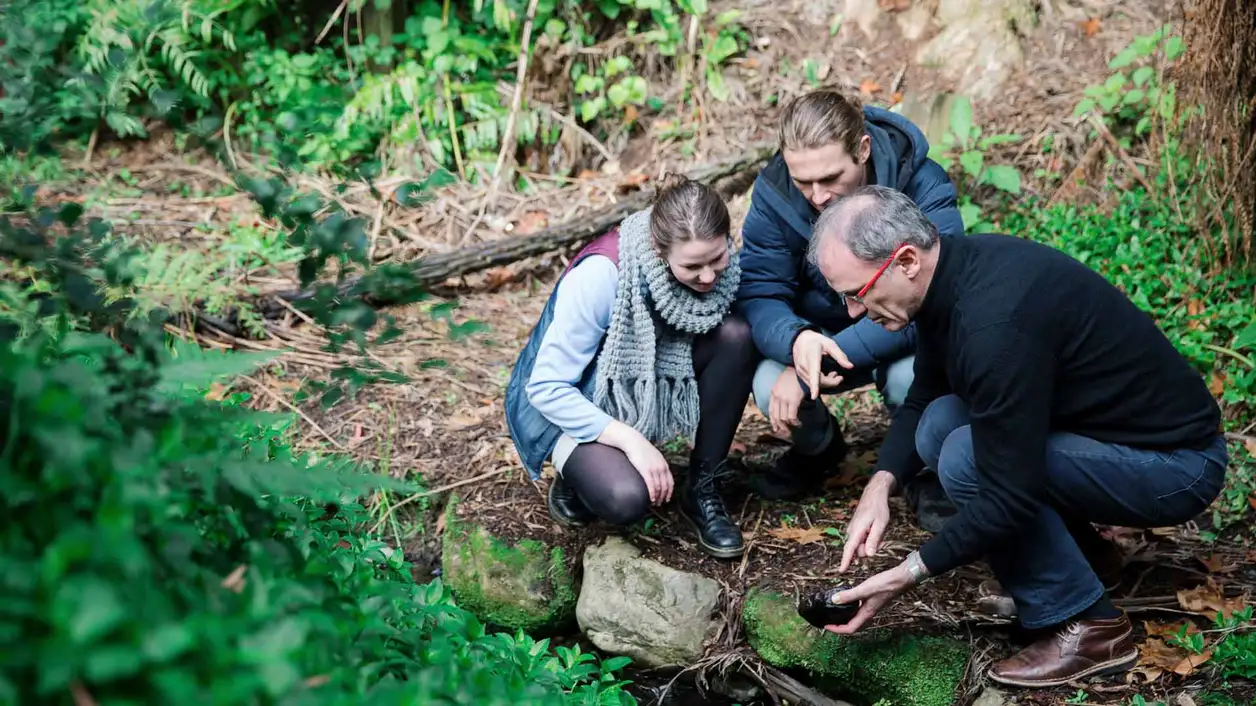
Who we are
Our people make us who we are. Meet senior leaders in the School of People, Environment and Planning.
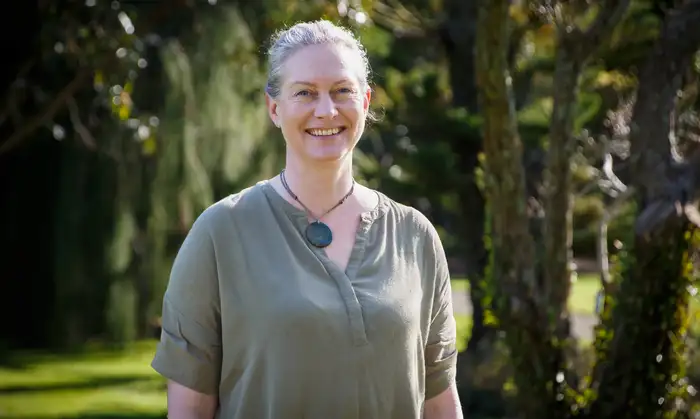
Professor Bethan Greener
Beth focuses on how states and others seek to provide security and what this means for world order. Her research interests also include the relationship between liberalism and the use of force, how states seek to use their agencies for security provision, international policing through the UN, South Pacific security, gender and security, and the relationship between public and private security.
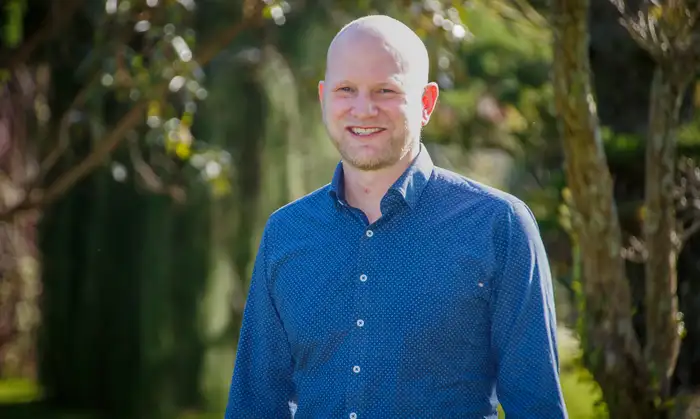
Associate Professor Russell Prince
Dr Russell Prince is a Senior Lecturer in Human Geography. His research interests include the state and governmentality, policy mobility and expertise, neoliberalism and what comes after, and geographies of political economy.
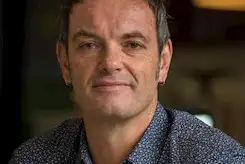
Professor Richard Shaw
Richard is a Professor of Politics in the School and Director (BA) in the College. He teaches first year courses in the Bachelor of Arts, and his research interests span electoral and party politics in Aotearoa New Zealand, and the comparative study of core executives and political advisers.
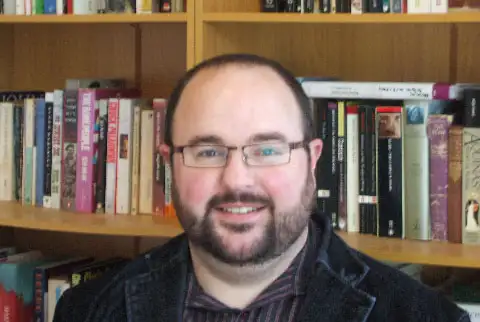
Associate Professor William Hoverd
Will Hoverd is a Senior Lecturer at the Centre for Defence and Security Studies, a research and educational partnership between Massey and key government agencies in international security. He has a specific interest in critical research into New Zealand security issues and religious diversity.
Research
Our research helps local and global communities to understand and respond to diverse challenges in the areas of sustainability, security, built environments, social equality and more.
Research centres
Explore a selection of opportunities for academic research within our department.
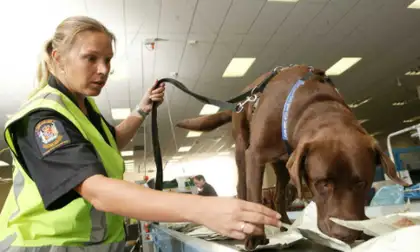
Centre for Defence and Security Studies
The Centre for Defence & Security Studies offers academic qualifications in security and defence studies – undergraduate to postgraduate, including PhDs. We have research and educational partnerships with several New Zealand government agencies.
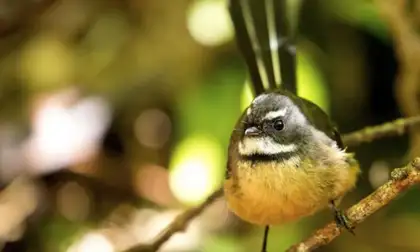
Political Ecology Research Centre
Dr Trisia Farrelly and Dr Sy Taffel
The Centre is dedicated to connecting groups and individuals whose work emphasises and critiques the relationships between society, environment and politics. PERC members study, teach, research and/or practise political ecology.
Volunteer overseas – UniVol programme
VSA’s UniVol programme is a collaboration between VSA and Otago, Victoria, Massey and Auckland universities. The programme, which has been operating since 2007, provides opportunities for selected candidates to volunteer overseas while contributing to capacity building and international development. It also provides personal and professional development opportunities for these candidates.
Accreditations and rankings
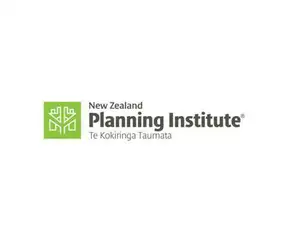
New Zealand Planning Institute
Massey's planning degrees have been accredited by the New Zealand Planning Institute – Te Kokiringa Taumata for decades.
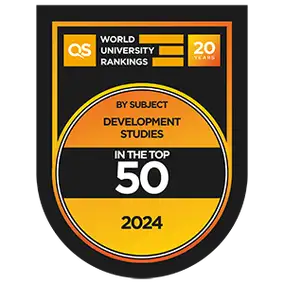
QS Ranking - Development Studies
Massey is ranked 30th in the world for development studies in the Quacquarelli Symonds (QS) World University Rankings.
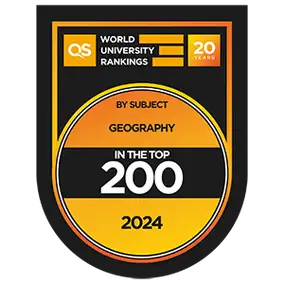
QS Ranking - Geography
Massey is ranked in the world's top 200 universities for geography in the Quacquarelli Symonds (QS) World University Rankings.
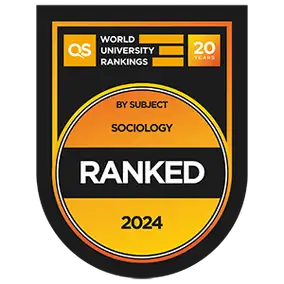
QS Ranking - Sociology
Massey is ranked in the world's top 350 universities for sociology by Quacquarelli Symonds (QS).
Contact the School of People, Environment and Planning
School of People, Environment and Planning – Auckland campus
- pepadmin@massey.ac.nz
- Location
Physical address
School of People, Environment and Planning
Massey University
Atrium Building
Gate 1, Dairy Flat Highway
Albany 0632
Auckland NorthPostal address
School of People, Environment and Planning
Massey University
Private Bag 102 904
Auckland North 0745
New ZealandUse our Auckland campus maps or find us on Google Maps.
School of People, Environment and Planning – Manawatū campus
- pepadmin@massey.ac.nz
- Location
Physical address
School of People, Environment and Planning
Massey University
Level 2 & 3 Social Science Tower
Manawatū Campus
Palmerston NorthPostal address
School of People, Environment and Planning
Massey University (PN331)
Private Bag 11 222
Palmerston North 4442
New ZealandUse our Manawatū campus maps or find us on Google Maps.
School of People, Environment and Planning – Wellington campus
- pepadmin@massey.ac.nz
- Location
Physical address
School of People, Environment and Planning
Massey University
Block 7
Entrance F, Tasman Street
Mt Cook
WellingtonUse our Wellington campus maps or find us on Google Maps.
Social media
Connect with the College of Humanities and Social Sciences on:
More ways to connect with the School's people and ideas on Facebook:
Looking for a staff member? Visit our staff directory or use Expertise search.
